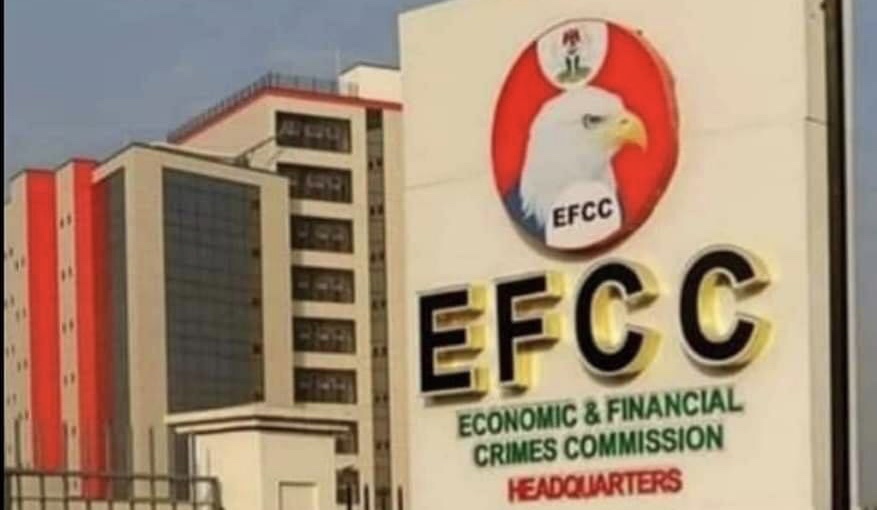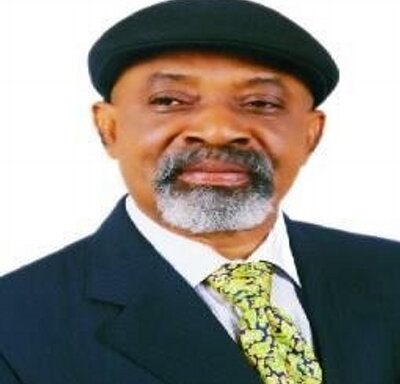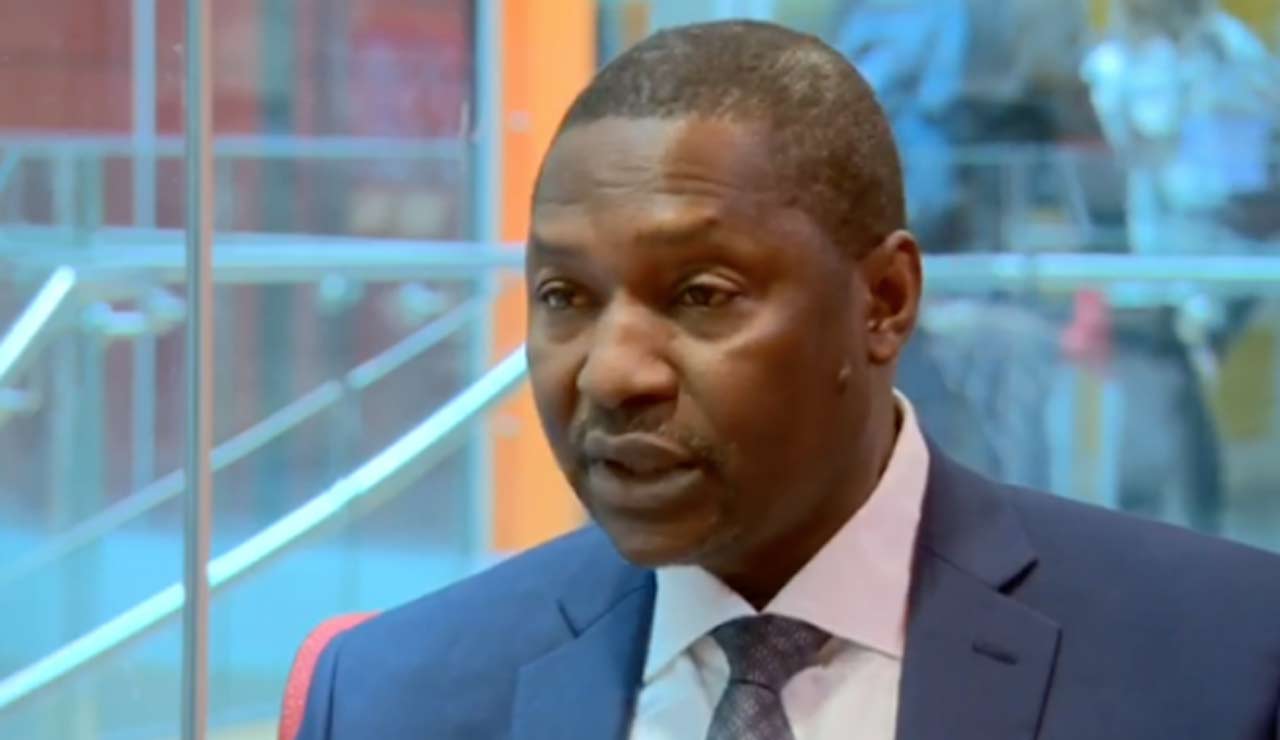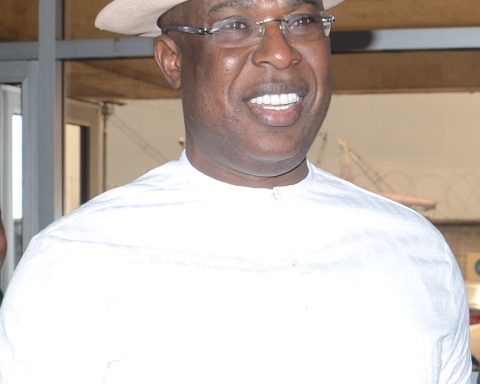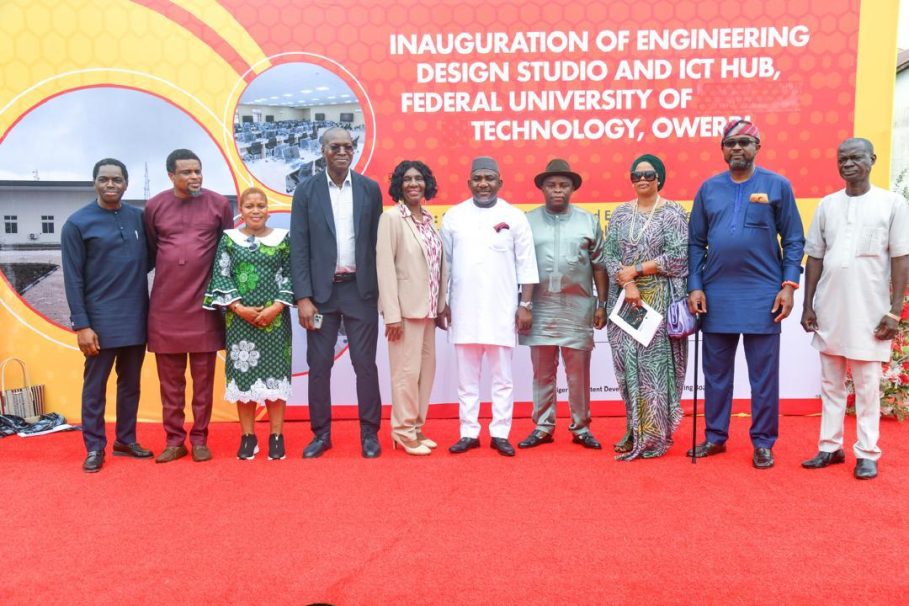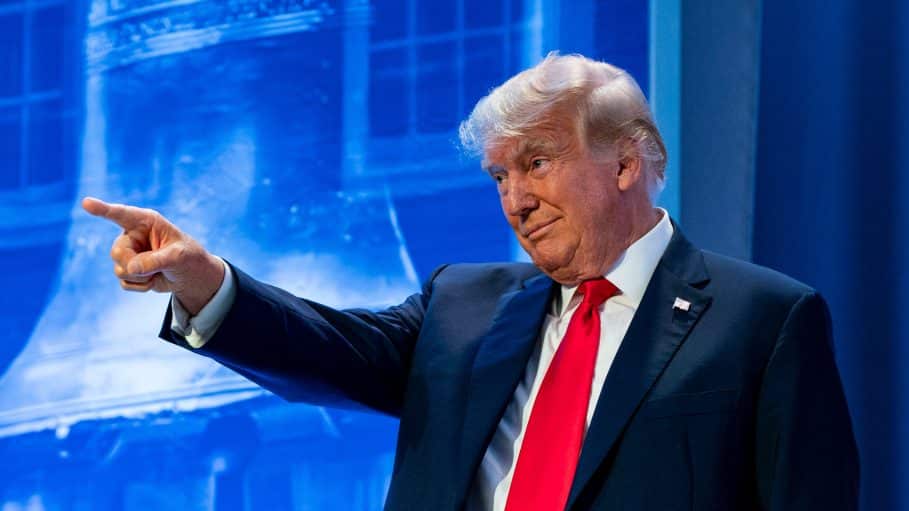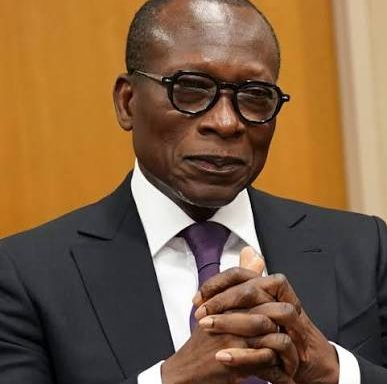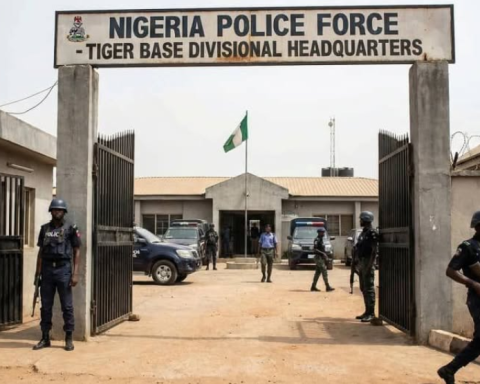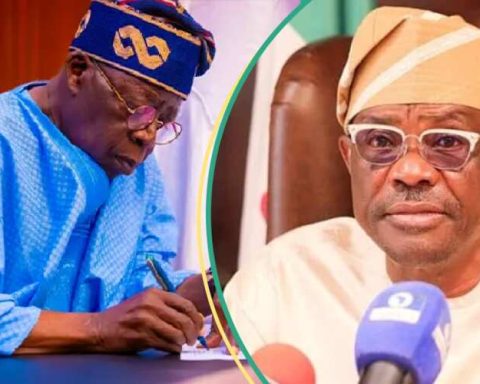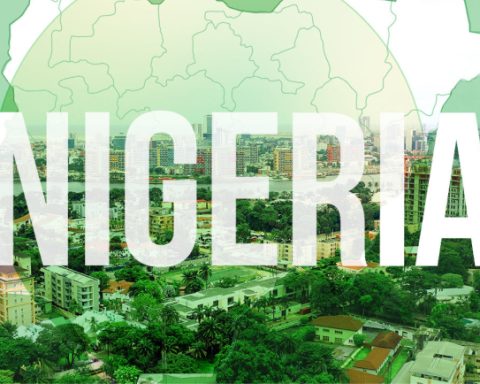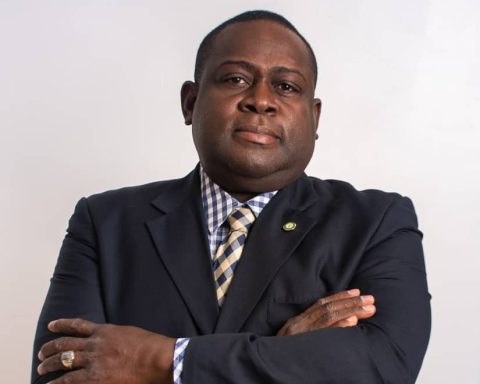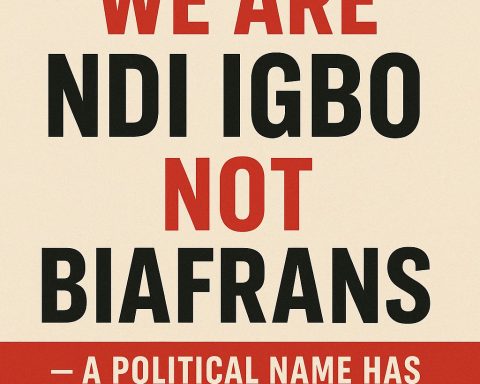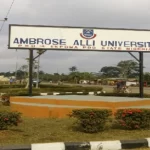Early in the week, news emerged that Benue State Governor, Hyacinth Alia, had suspended the Attorney General of the State, Fidelis Mnyim, for joining a court action against the Economic and Financial Crimes Commission (EFCC), without the governor’s approval. On Tuesday, October 22, the Supreme Court reserved judgment in the case brought before it by 16 state governors seeking the abolition of the EFCC.
Obscure Roles
EFCC and the Independent Corrupt Practices Commission (ICPC) are twin organisations known as anti-corruption bodies. They have become synonymous with the persecution of politicians to the extent that their main functions remain elusive to many Nigerians beyond the fact that they fight corruption.
Join our WhatsApp ChannelThe EFCC, as a body, primarily investigates financial crimes such as money laundering and advance fee fraud, targeting individuals across all sectors suspected of illicit wealth accumulation.The ICPC, on the other hand, focuses on corruption in the public sector, addressing issues like bribery and abuse of office while also promoting integrity within public institutions. Both agencies aim to enhance Nigeria’s fight against corruption and financial crimes.
These bodies have existed for years in Nigeria, maybe the issues arising is because the Nigerian government itself did not see the need for such agencies until international pressures intervened. Evidently, amid, successes the anti-graft agency has faced criticism regarding abuses of fundamental rights of Nigerians in the course of their duty; selective prosecution; focusing more on ‘Yahoo Boys’ and abusers of the Naira while failing to convict federal government officials. Yet those wanting it scrapped might have had certain skeletons in their cupboards.
EFCC and ICPC Establishments
The EFCC was established on 12th December 2002, under President Olusegun Obasanjo to combat financial crimes. Operational activities commenced on 13th April 2003, after the Senate confirmed the pioneer chairman, Mallam Ribadu. Conversely, the ICPC was inaugurated earlier on 29th September 2000, also under Obasanjo, focusing on public sector corruption.
READ ALSO: EFCC’s Urban Radio Arrest Raises Press Freedom And Procedural Integrity Concerns
Both agencies were partly responses to international pressure regarding Nigeria’s anti-money laundering efforts. The Financial Action Task Force (FATF), founded in 1989 by the G7, ranked Nigeria among 23 non-cooperative countries in global anti-money laundering efforts. Consequently, Nigeria established the EFCC and ICPC to enhance compliance.
Section 2(c) of the Establishment Act designates the EFCC as Nigeria’s Financial Intelligence Unit (FIU), responsible for coordinating institutions combating financial crimes. Section 7(2) outlines its enforcement responsibilities under various laws related to economic crimes. These agencies aim to enhance Nigeria’s fight against corruption despite ongoing debates about their effectiveness and legality.
EFCC, ICPC, Others: Any Significant Achievement Since Inception?
No doubt, since its inception, both EFCC and ICPC have made significant strides in their anti-corruption mandates: they have arrested fraudulent individuals. From Nuhu Ribadu, Farida Waziri, Ibrahim Lamorde, Ibrahim Magu, Mohammed Abba, Abdulrasheed Bawa, Abdulkarim Chukkol, to the present substantive chairman Olanipekun Olukoyede, EFCC has also prosecuted high-profile cases involving present and previous public servants.
For instance, EFCC convicted former Governor of Abia State Orji Uzor Kalu in December 2019 for money laundering, resulting in a 12-year prison sentence and recovery of ₦7.65 billion. The EFCC handed over $22,000 to the FBI recovered from Hakeem Ayotunde Olanrewaju, a convicted Internet fraudster. Another achievement is recovering of stolen assets worth hundreds of billions of naira; it successfully recovered $180,300 and 53 vehicles fraudulently taken from Canadian citizens which were returned to the Royal Canadian Mounted Police in December 2023. This particular operation highlighted the agency’s commitment to combating financial crimes and showcased international collaboration. The EFCC also helps increase public awareness about economic crimes through educational campaigns.
On their part, ICPC has investigated and prosecuted various corruption cases including those involving high-profile public officials. Report shows that in September 2024 alone, it recovered over ₦13 billion and enhanced public engagement through initiatives like the Public Service Integrity Award. These examples illustrate both agencies’ commitment to their mandates and their impact on Nigeria’s fight against corruption.
Opinions of Ordinary Nigerians on These Bodies
Nigerians acknowledge the achievements of EFCC and ICPC in recovering stolen funds and prosecuting corrupt officials. However, they emphasise that more needs to be done to ensure accountability and transparency in their operations.
Many have advocated that these agencies should operate independently from political influence, emphasising that this is crucial for effectively tackling high-profile corruption cases.
There is also criticism regarding “selectivity.” Some individuals highlight perceptions of selective justice suggesting that EFCC and ICPC target political opponents rather than addressing corruption uniformly. This sentiment echoes concerns that these agencies are used as tools for political gain rather than genuine anti-corruption efforts.
Calls for Improved Practices
Nigerian citizens often call for better investigation practices before arrests expressing frustration over perceived wrongful detentions and inadequate evidence leading to confrontations. This reflects a desire for more professionalism and accountability in their operations.
There are also controversies surrounding them especially concerning governments notorious for using them as tools against opponents. For instance, Martin Idachaba: a lecturer at Kogi State University has commented on the politicisation of anti-corruption efforts. His insights were shared in early January 2024 during discussions on the effectiveness of anti-corruption agencies.
Also legal practitioner’s public criticism reflects EFCC and ICPC’s perceived lack of independence from government influence. In a statement made on 12 October 2024 during a national television appearance, a human right lawyer; Femi Falana emphasised that “What we should be demanding are measures to ensure that these bodies are not under government control… The EFCC and ICPC were properly created and should not be under federal government control.” This comment reflects ongoing concerns about politicisation within these anti-corruption bodies and calls for greater autonomy to effectively combat corruption in Nigeria.
…to be continued in the next series
Dr Mbamalu is a Jefferson Fellow, member of the Nigerian Guild of Editors (NGE) and a renowned Publisher.
Dr. Marcel Mbamalu is a distinguished communication scholar, journalist, and entrepreneur with three decades of experience in the media industry. He holds a Ph.D. in Mass Communication from the University of Nigeria, Nsukka, and serves as the publisher of Prime Business Africa, a renowned multimedia news platform catering to Nigeria and Africa's socio-economic needs.
Dr. Mbamalu's journalism career spans over two decades, during which he honed his skills at The Guardian Newspaper, rising to the position of senior editor. Notably, between 2018 and 2023, he collaborated with the World Health Organization (WHO) in Northeast Nigeria, training senior journalists on conflict reporting and health journalism.
Dr. Mbamalu's expertise has earned him international recognition. He was the sole African representative at the 2023 Jefferson Fellowship program, participating in a study tour of the United States and Asia (Japan and Hong Kong) on inclusion, income gaps, and migration issues.
In 2020, he was part of a global media team that covered the United States presidential election.
Dr. Mbamalu has attended prestigious media trainings, including the Bloomberg Financial Journalism Training and the Reuters/AfDB Training on "Effective Coverage of Infrastructural Development in Africa."
As a columnist for The Punch Newspaper, with insightful articles published in other prominent Nigerian dailies, including ThisDay, Leadership, The Sun, and The Guardian, Dr. Mbamalu regularly provides in-depth analysis on socio-political and economic issues.


